Adaptive Leadership:
Navigating Change with Agility and Resilience
In today's rapidly evolving business landscape, change is inevitable. Whether it's technological advancements, market shifts, or global crises, organizations must constantly adapt to survive and thrive. However, leading through change is no easy feat. It requires a unique set of skills and strategies to navigate uncertainty and inspire others to embrace transformation. This is where adaptive leadership comes into play. Adaptive leadership is a dynamic approach that emphasizes flexibility, resilience, and the ability to thrive in ambiguity. It's about empowering teams to navigate change effectively, fostering innovation, and driving organizational growth.
The Principles of Adaptive Leadership:
Embracing Complexity: Adaptive leaders understand that change is not a linear process. It's messy, unpredictable, and often involves multiple stakeholders with competing interests. Instead of trying to impose order, adaptive leaders embrace complexity and recognize that solutions may emerge from unexpected places. They encourage open dialogue, diverse perspectives, and experimentation to find innovative solutions to complex challenges.
Building Resilience: Change can be daunting, and setbacks are inevitable. Adaptive leaders cultivate resilience within their teams by fostering a culture of psychological safety and empowerment. They encourage risk-taking and view failures as learning opportunities rather than obstacles. By building resilience, adaptive leaders help teams bounce back stronger from adversity and stay focused on their goals despite obstacles.
Empowering Others: Adaptive leadership is not about top-down control; it's about empowering others to take ownership of the change process. Adaptive leaders foster a culture of trust, transparency, and collaboration where individuals feel empowered to contribute their unique skills and insights. By distributing decision-making authority and encouraging autonomy, adaptive leaders unleash the full potential of their teams and drive innovation.
Continuous Learning: In a rapidly changing environment, learning never stops. Adaptive leaders are committed to personal and professional growth and encourage their teams to adopt a growth mindset. They prioritize continuous learning, feedback, and reflection, and are open to challenging their assumptions and adapting their approach based on new information. By fostering a culture of curiosity and experimentation, adaptive leaders keep their organizations agile and adaptable in the face of change.
Adaptive Leadership in Change Management:
Change management is the process of planning, implementing, and sustaining organizational change. While traditional change management approaches focus on creating detailed plans and executing them with precision, adaptive leadership takes a more flexible and iterative approach. Adaptive leaders recognize that change is dynamic and unpredictable, and they adapt their strategies accordingly.
Instead of imposing rigid structures and timelines, adaptive leaders focus on guiding their teams through the change process, providing support, and removing barriers to progress. They embrace uncertainty and encourage experimentation, allowing for course corrections along the way. By engaging stakeholders, fostering collaboration, and empowering teams to take ownership of the change process, adaptive leaders create a culture of resilience and agility that enables organizations to thrive in an ever-changing world.
Executive and Leadership coaching play a critical role in supporting leaders in developing the adaptive leadership skills needed to navigate change and drive organizational success. By fostering self-awareness, setting clear goals, enhancing emotional intelligence and resilience; coaches help leaders become more agile, resilient, and effective in leading through uncertainty and change.
Excellence Executive Coaching can help you improve your adaptative leadership skills. Ask us how at www.ExcellenceExecutiveCoaching.com

